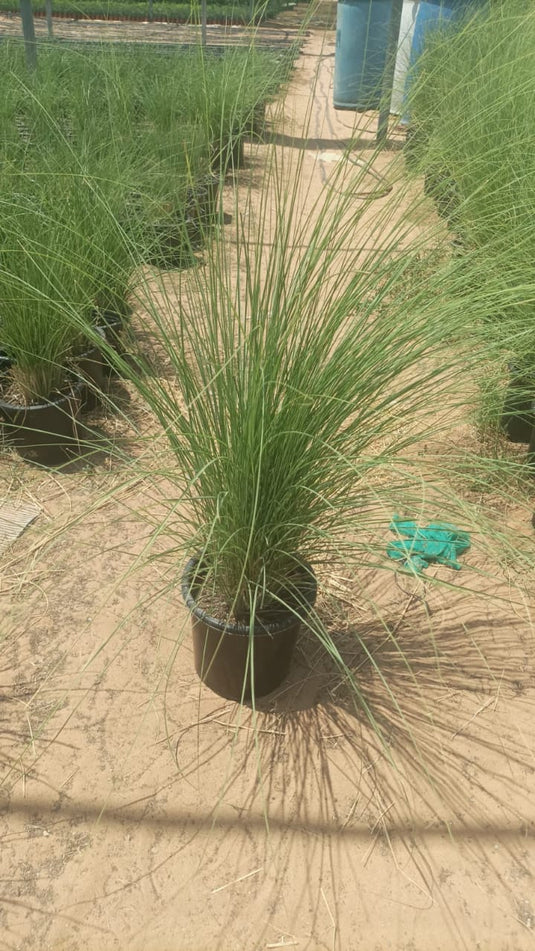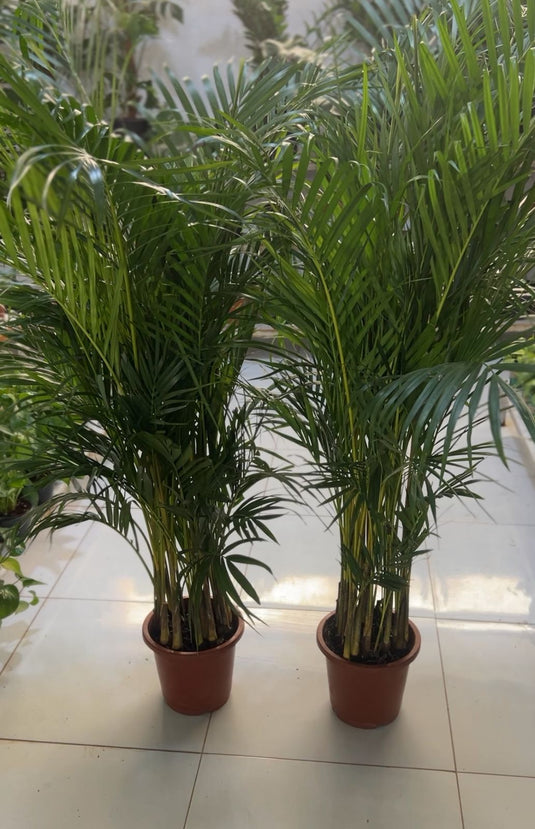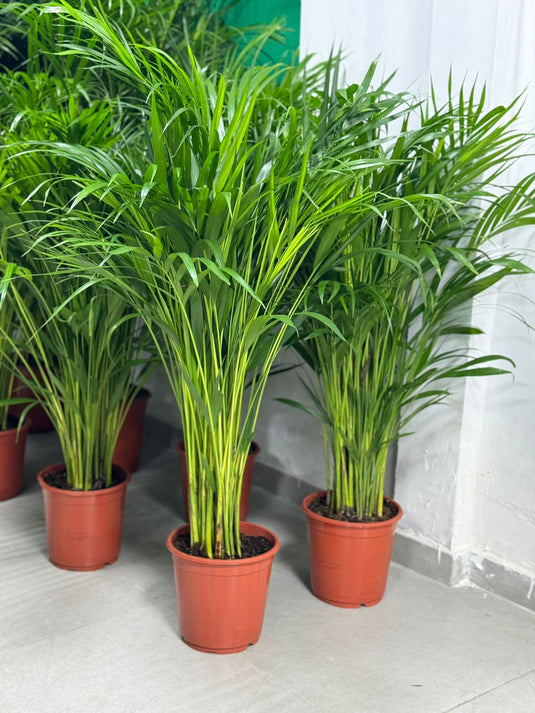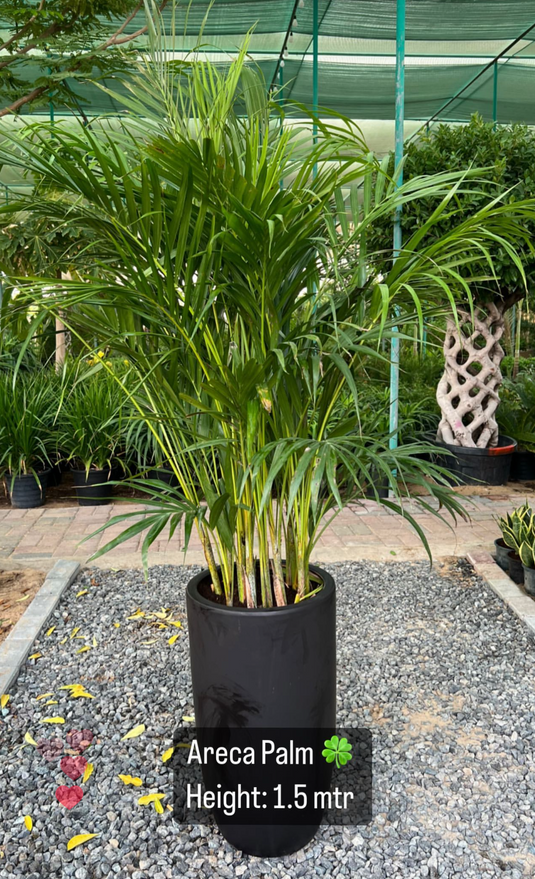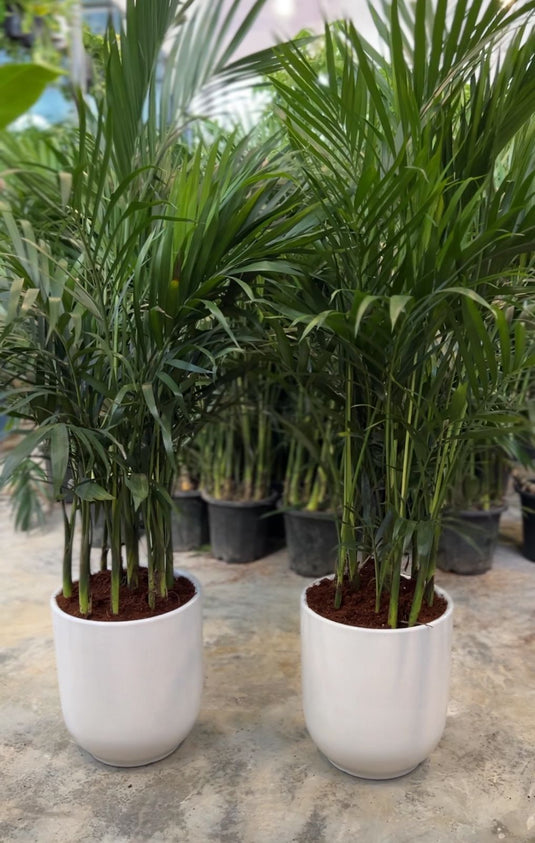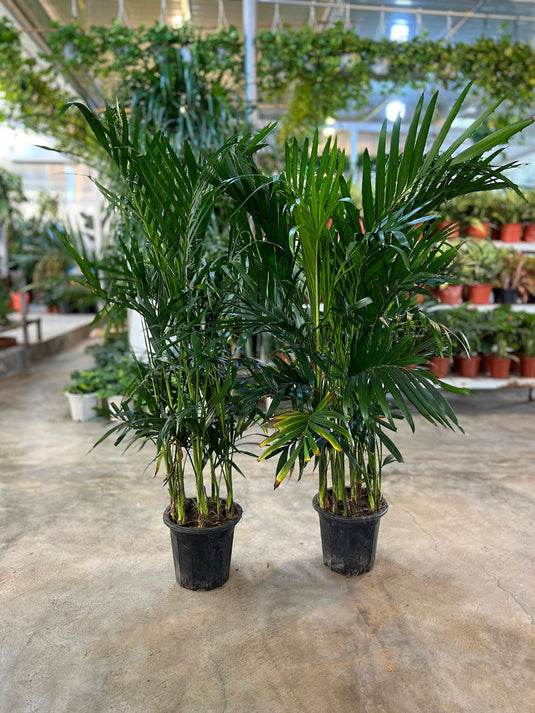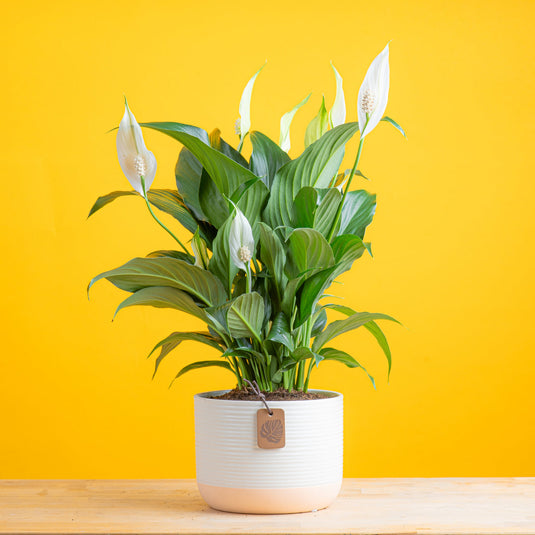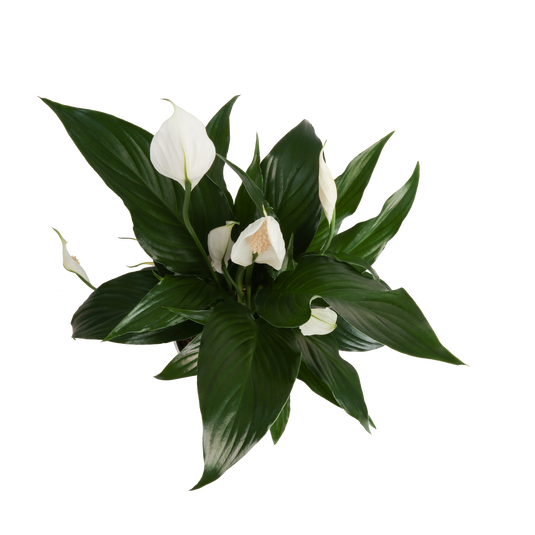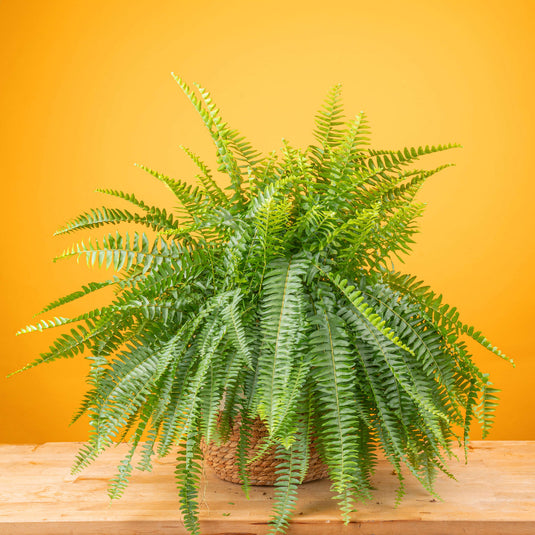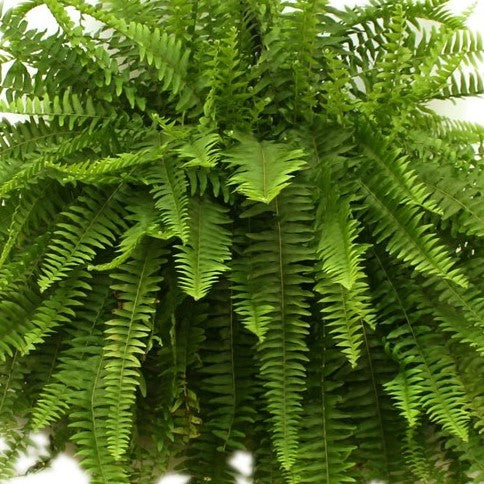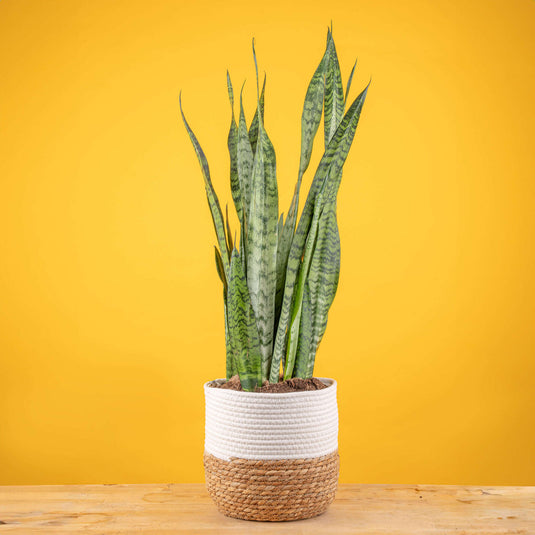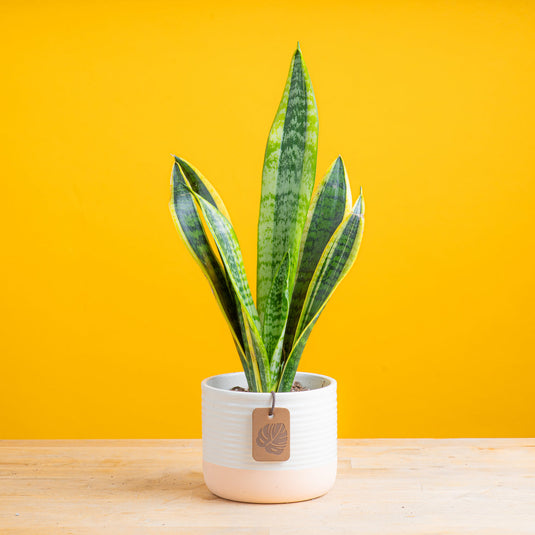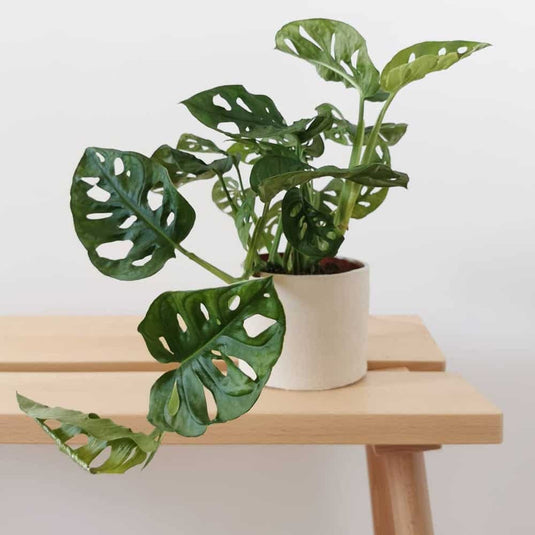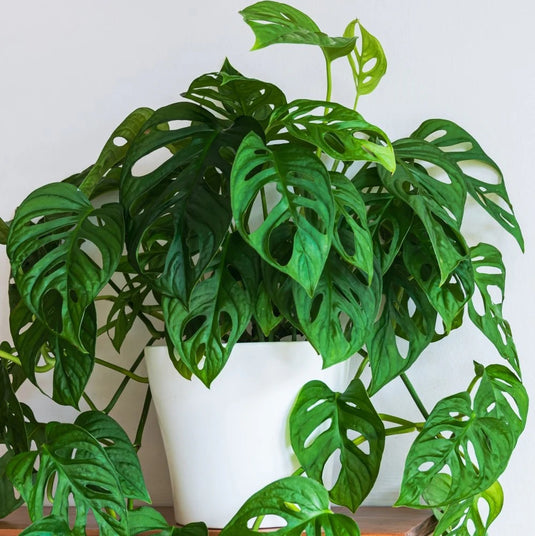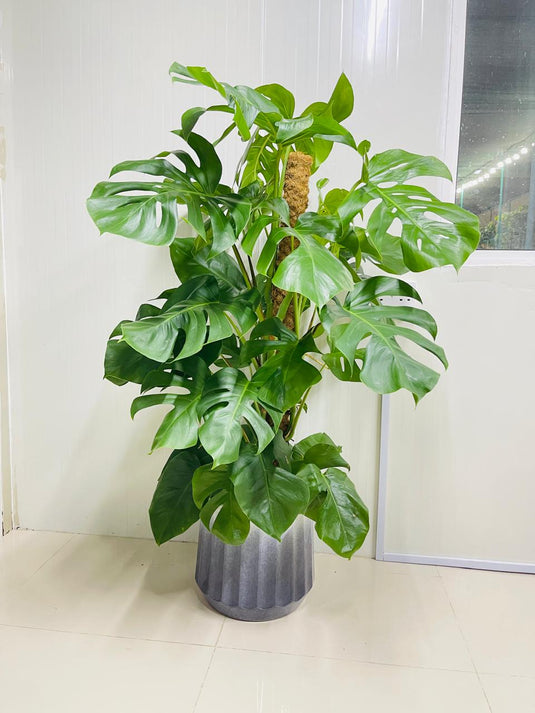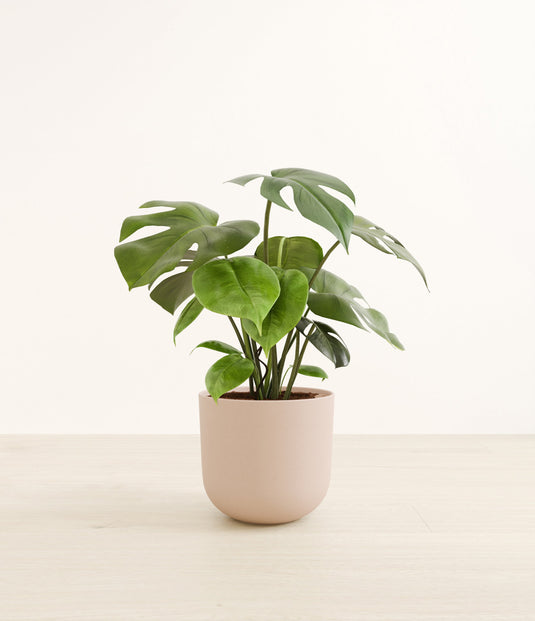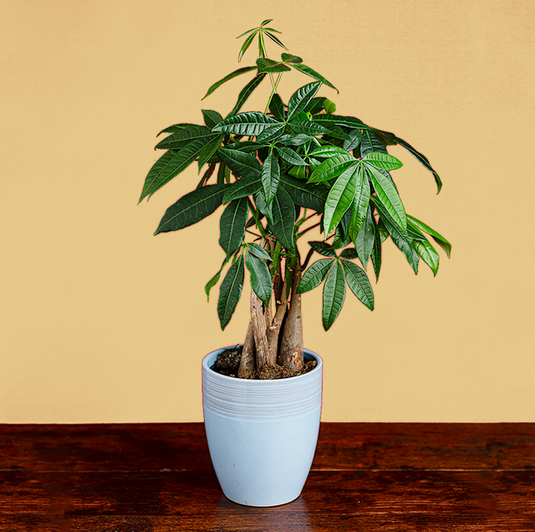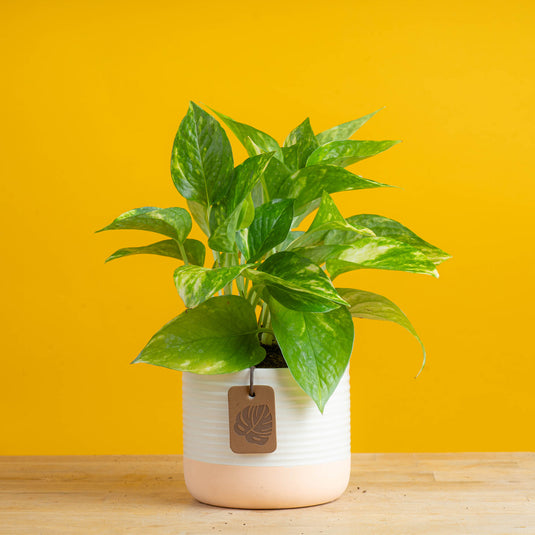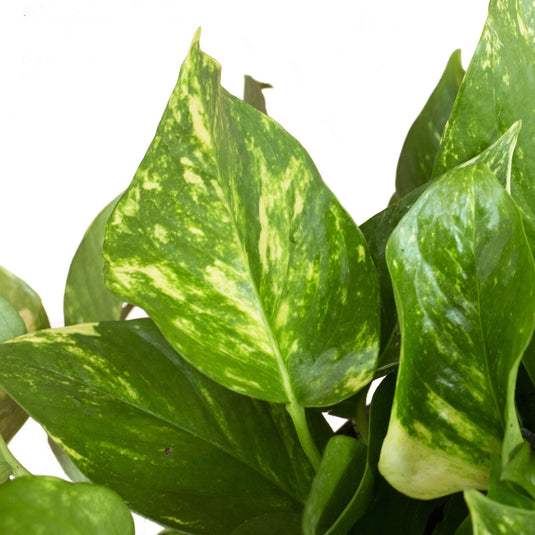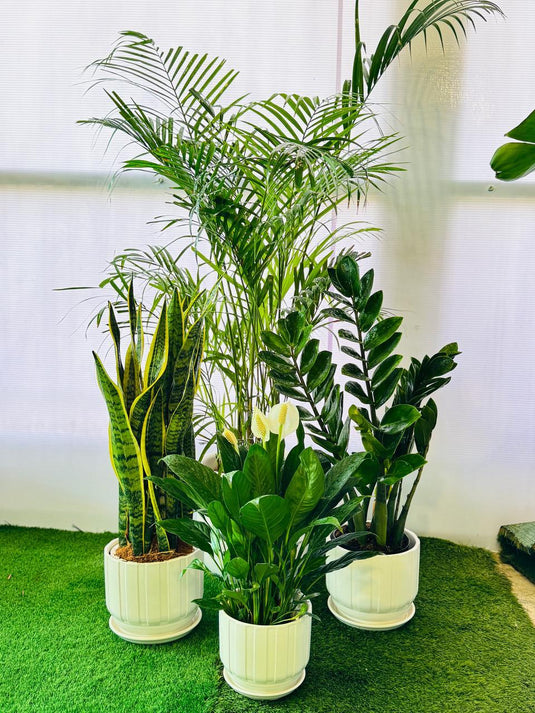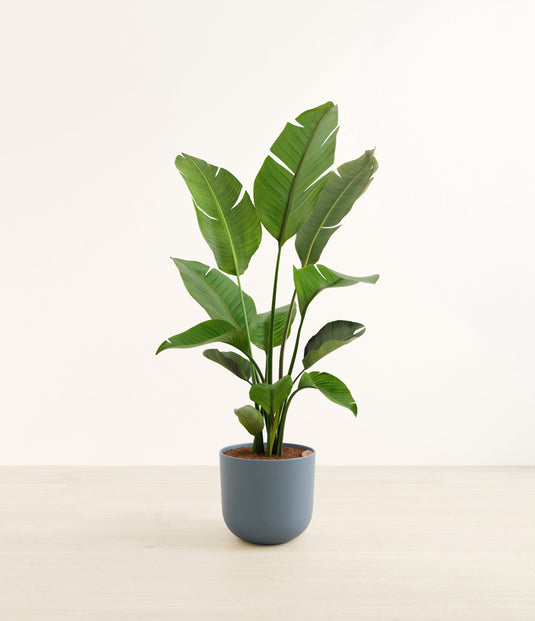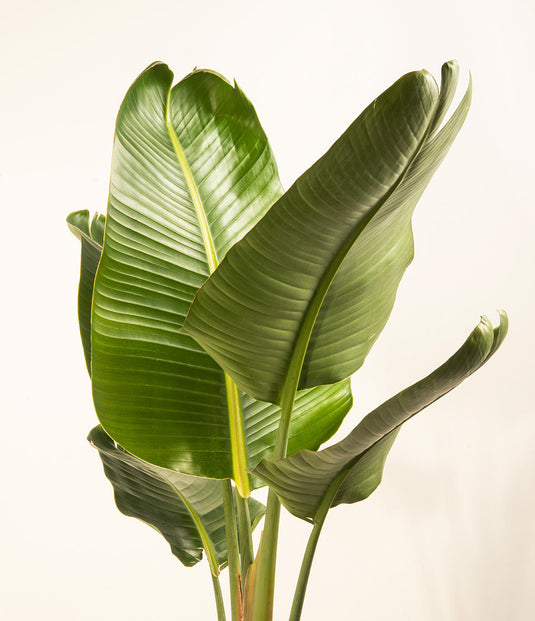Green Fountain Grass
- Healthy Arrival Guarantee
- Free Plant Care Consultation
- Safe & Secure Payment
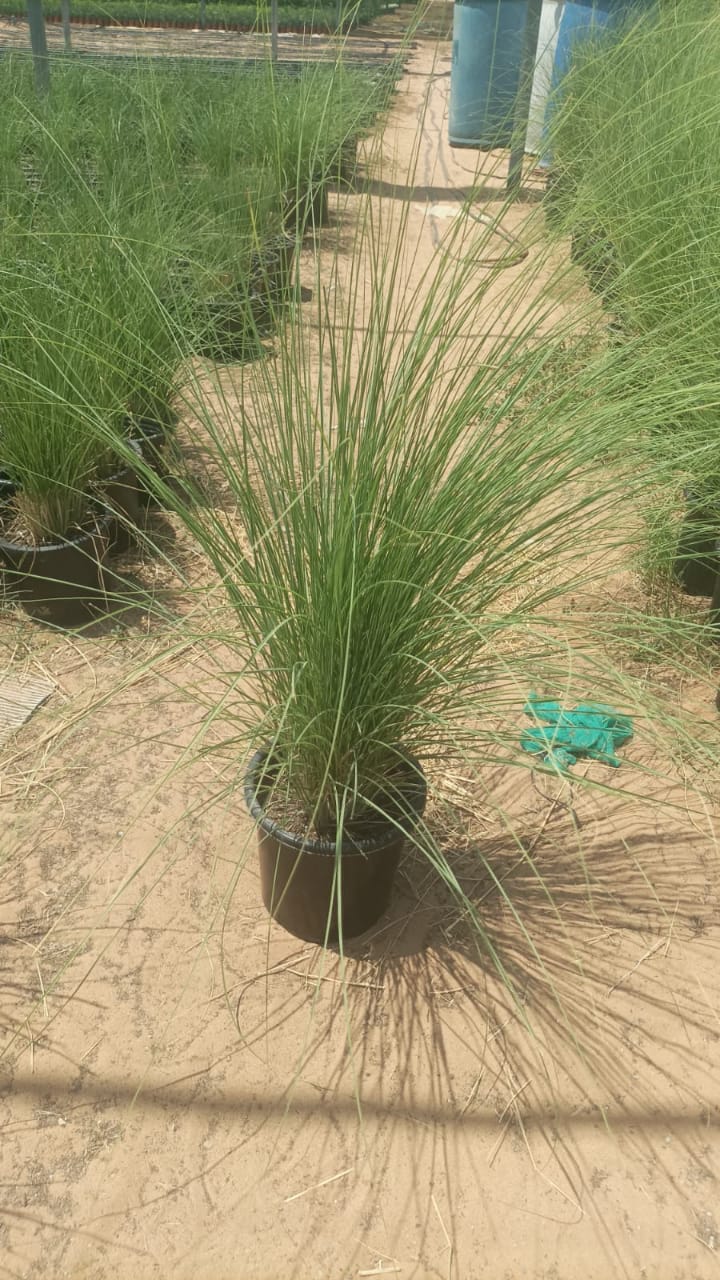
We will send you a notification as soon as this product is available again.
-
Estimated delivery: Mar 03 - Mar 07
-
Free return within 7 days of purchase.
Plant Description
Green Fountain Grass is an ornamental grass recognized for its arching, feathery flower spikes and lush green foliage. The global ornamental grass market, which includes varieties like Green Fountain Grass, is projected to reach approximately $5 billion by 2030. By increasing demand for landscaping and garden beautification across residential and commercial sectors.
Top 5 Benefits of Growing a Green Fountain Grass
1. Aesthetic Value
Green Fountain Grass adds beauty and texture to landscapes, enhancing curb appeal. According to a study in the Journal of Landscape Architecture (2017), ornamental grasses can significantly improve the visual interest of gardens and outdoor spaces.
2. Erosion Control
This grass species is effective in preventing soil erosion, especially in sloped areas. Research published in Ecological Engineering (2016) shows that deep-rooted plants like Green Fountain Grass stabilize soil, reducing the risk of erosion.
3. Drought Tolerance
Green Fountain Grass is known for its drought-resistant qualities, making it a suitable choice for xeriscaping. A study by the American Society of Horticultural Science (2018) found that this grass can thrive with minimal water once established, promoting sustainable landscaping practices.
4. Wildlife Habitat
This grass provides shelter and food for various wildlife species. According to a study in the Journal of Wildlife Management (2019), ornamental grasses support biodiversity by attracting beneficial insects and birds to gardens.
5. Low Maintenance
Green Fountain Grass requires minimal care once established, making it an ideal choice for busy gardeners. A publication by the University of Florida (2020) indicates that this species is relatively pest-resistant and requires little fertilization, reducing upkeep efforts.
Disadvantages
- Green Fountain Grass needs adequate space for optimal growth, necessitating careful planning in landscaping design.
- This grass may experience seasonal dormancy, leading to a less attractive appearance in winter months.
- While not highly invasive, it can spread if not managed properly, requiring regular monitoring in some regions.
- Some individuals may experience allergies due to grass pollen, necessitating awareness for sensitive populations.
Frequently Asked Questions
1. Is Green Fountain Grass suitable for all climates?
Yes, it is adaptable to a range of climates, including both warm and temperate regions.
2. Does Green Fountain Grass require a lot of water?
No, it is drought-tolerant and thrives with minimal watering once established.
3. Can Green Fountain Grass attract wildlife?
Yes, it provides habitat and food for various wildlife species, promoting biodiversity.
4. Is it easy to maintain Green Fountain Grass?
Yes, it is low-maintenance and pest-resistant, making it suitable for busy gardeners.
5. Is Green Fountain Grass invasive?
No, it is generally not considered invasive, though it may spread if not managed.
Final Verdict: Should I Buy Green Fountain Grass?
Yes, purchasing Green Fountain Grass is an excellent choice for enhancing your landscape with its aesthetic appeal and low maintenance requirements.
Plant Care
Watering
Water your plant once a week or when the soil starts to feel slightly dry on the surface. Keep the soil consistently moist, but be careful not to overwater, as this can cause brown spots and leaf drop. If the leaves become curly or dry, it's a sign that the plant needs water. It's best to water your plant in the early morning or late evening when the temperatures are cooler. Always check the soil before watering.
Light
Provide bright indoor light or indirect sunlight for about 6 to 8 hours a day.
Temperature
Maintain temperatures between 18°C and 24°C. Avoid exposing the plant to drafts, as these can cause undesirable temperature fluctuations. Mist the plant occasionally, about twice a week, to help maintain optimal humidity levels.
Fertilizer
Apply liquid fertiliser every 15 days when the plant is actively growing. For best results, use Folikraft ready-to-use Indoor Plant Food.
What Our Clients Say About Us
As a House se Manager in prestigious property in Dubai HILLS ESTATE, I would Highly recommended My Plants - Landscaping Services. All the team were amazing and hardworking. They are expert that achieved coordination and best feedback results to any projects that my Client wish and job order done. Appreciated. Thank you.
I ordered a 2m bird of paradise on their website with a pot. The price was much more reasonable than elsewhere, so I gave it a try. Ordered at 9pm on a Thursday night, delivered at 3pm the next day. The plant arrived bigger than I expected, replanted in its pot with brand new potting soil, incredible! The black pot is a perfect match for my home and really looks high-quality. Thanks again!
Good plants, they came over to my place to pot them and clean them, prices are good also, thank you Kashif for improving my experience and your top customer service.
